Premium Only Content
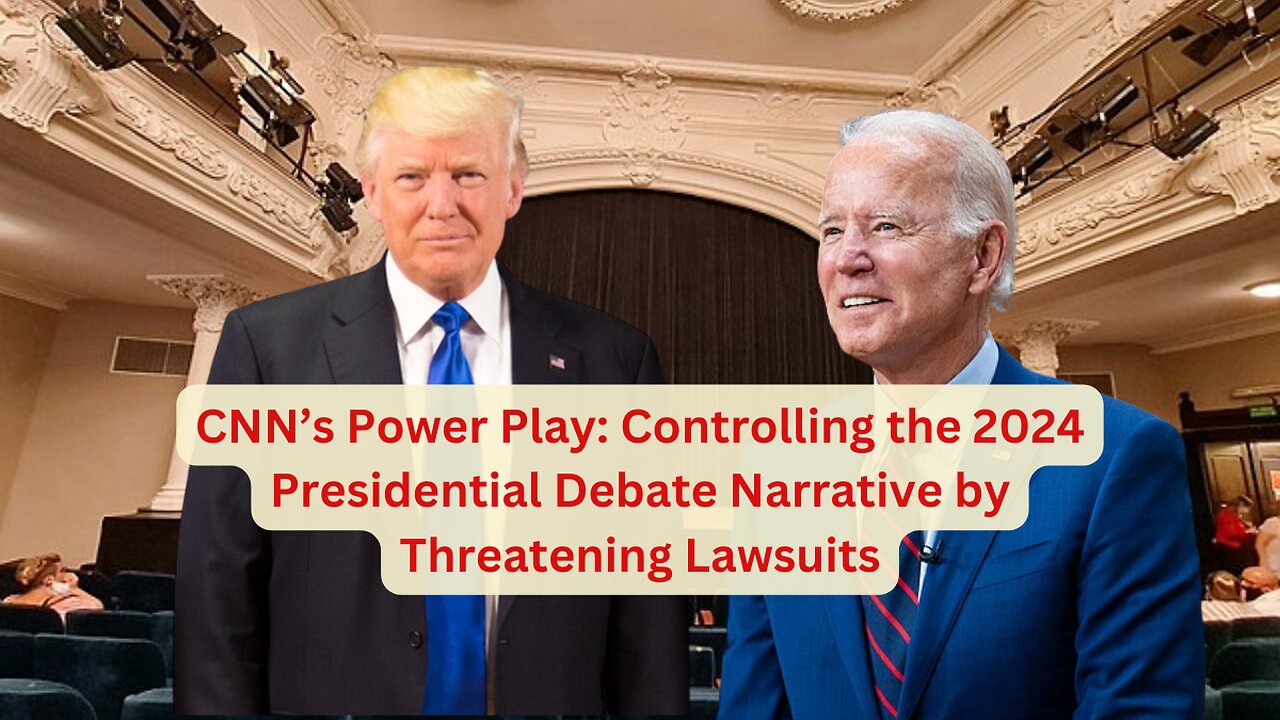
Is CNN Silencing Independent Media? The Debate Controversy Explained
The first presidential debate for the 2024 election cycle will air on CNN on June 27, but controversy has already erupted as CNN warns Americans about potential lawsuits if they attempt to broadcast or add their own commentary to the debate. Hosted by Jake Tapper and Dana Bash, the debate is off-limits to live streamers who want to use any footage or audio for editorial purposes. CNN has stated that the entire debate will be copyrighted, meaning only CNN is permitted to provide commentary.
Despite the fair use doctrine, which allows for limited use of copyrighted material for criticism, comment, news reporting, and other purposes, CNN is prohibiting any social channels from providing commentary on the debate. Tim Pool, a commentator on X, highlighted this restriction and asserted that fair use should cover real-time commentary and fact-checking during the debate.
In response to Pool's post, CNN confirmed that digital platforms can stream the debate only via CNN YouTube and not on their own channels. Saagar Enjeti from Breaking Points also pointed out that CNN is barring independent media from streaming the debate, calling it a move to protect elite media interests.
The fair use doctrine aims to balance the interests of copyright holders with the broader public interest, promoting freedom of expression and innovation. There are strong arguments for why debate commentary should be considered fair use:
1. The public importance of a presidential debate in shaping opinions and informing voters.
2. The value added by commentary and live analysis in providing educational insights and fact-checking.
3. Commentary and critique enhance engagement with the original debate footage rather than replace it, thus not diminishing its market value.
Restricting commentary and critique, as CNN is attempting, infringes on the public's right to engage in political discourse, a key aspect of representative democracy. Elon Musk of Tesla supports the idea that the public should be able to watch presidential debates in any manner they choose, including with commentary and critique, and believes the Digital Millennium Copyright Act (DCMA) does not apply in this case.
-
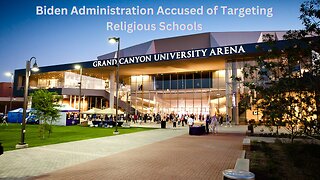 1:48
1:48
Conspiracy Chronicle
8 months agoFaith Under Fire? Biden Administration Accused of Targeting Religious Schools
1121 -
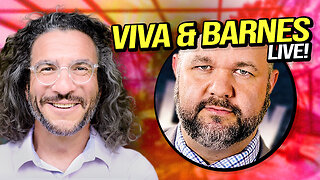 LIVE
LIVE
vivafrei
10 hours agoEp. 277: Russia Peace Talks! Trump D.C. Takeover Leads to Lawsuit! Heat Wave Lawsuit? AND MORE!
10,923 watching -
 LIVE
LIVE
Nerdrotic
1 hour agoTransient Lunar Phenomenon: Deeper into the Mysteries of the Moon | Forbidden Frontier #112
216 watching -
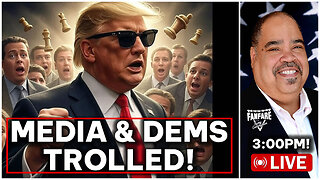 2:58:44
2:58:44
Barry Cunningham
1 day agoBREAKING NEWS: PRESIDENT TRUMP ABSOLUTELY TROLLS THE MEDIA! BIG WEEK AHEAD!
48.7K50 -
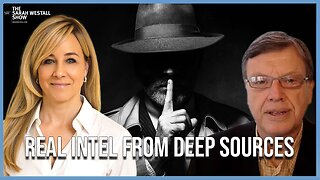 1:37:28
1:37:28
Sarah Westall
2 hours agoReal Intel: Power Struggles Fueled by Blackmail, Surveillance & Coercion w/ Dr. Dave Janda
7.95K4 -
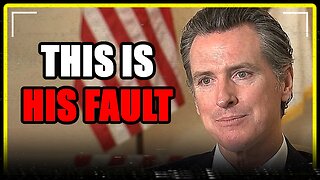 9:49
9:49
MattMorseTV
4 hours ago $8.86 earnedNewsom's CAREER just WENT UP IN FLAMES.
12.8K42 -
 LIVE
LIVE
Spartan
2 hours agoHalo for a bit, Octopath after maybe
107 watching -
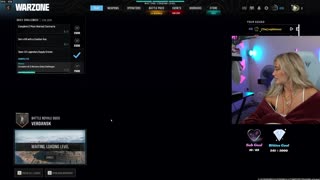 LIVE
LIVE
sophiesnazz
3 hours ago $1.46 earned6kd in these lobbies !socials !specs
158 watching -
 LIVE
LIVE
Vedic compatability astrology
1 hour agoAbijit Shuckla: The Epic 8, 17, 25 Adventure!
38 watching -
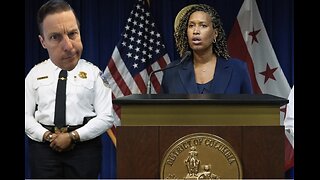 1:17:18
1:17:18
Jeff Ahern
4 hours ago $12.62 earnedThe Sunday Show with Jeff Ahern
33.2K5